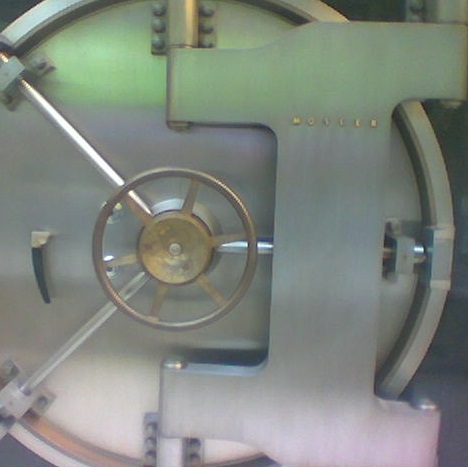
Big Data Technology “Becomes” Law
Okay, fair enough—no one is mandating that big data becomes part of the social contract, but one thing is for sure—the legal industry as a whole is bumping up against some massive challenges on both the structured and unstructured data fronts. Big data technologies, however, are becoming for an industry like this given its data diversity, volume and velocity issues.
This year at the annual LegalTech2012 conference, attendees were inundated with the same “big data” theme that has been pervasive at events in almost every industry imaginable. The challenges attendees are addressing, however, are quite specific in terms of the regulatory environment that governments legal data—as well as the sheer volume of historical and current data.
The video above from LegalTech2012 addresses some of the concerns that are circulating in the big data meets law camp. As one professional said, ” Lawyers are not going to be able to rely upon traditional brute force methods to deal with information which is the currency of justice today” He continued, “They’re going to have to become much more adept at working with the information as they find it instead of as they would like for it to be.” Essentially saying, the old dogs will have to learn new tricks.
 It’s not just the growing sources of data that are leading to challenges; federal requirements regarding data are putting a higher priority on storage and analytics.
It’s not just the growing sources of data that are leading to challenges; federal requirements regarding data are putting a higher priority on storage and analytics.
To put such issues in context, consider how earlier this month tax and audit firm KPMG was ordered to preserve more than 2500 hard drives. The order was made pending a motion for a plaintiff’s certification. The task of preserving that amount of information could prove daunting and possibly backbreaking to a business or firm relying on that data to continue daily operation.
In December 2006, new federal rules of civil procedure were introduced regarding the “discovery of electronically stored information” also known as eDiscovery. Specifically, discoverable material now encompasses “electronically stored information”. The definition appears to have been made intentionally broad to make way for new types of data not invented at the time.
This combination of eDiscovery compliance and increasing data types may require legal firms to have a strong data infrastructure. However, added benefits may be provided with big data solutions as well. Vendors like IBM, EMC, Nuix and Clearwell have their own eDiscovery and investigation applications all aimed at saving processing time for law firms.
Nuix discusses a case where legal firm Jeffer Mangels Buttler and Mitchell (JMBM) was representing a client in an employment law class action suit. A short time table was given and more than 2.5 million emails were needed for review. The firm went to legal support vendor Gulfstream for help, who then used Nuix software to process in excess of 750,000 emails and post them online in under 24 hours. The rest of the documents were available in less than 72 hours. The vendor estimates that the cost of this application was approximately 60 percent of other available offerings.
While there is no definite answer as to how exactly law firms will work in the future, it appears that advanced storage and analytics will have an increased role in their operation.






























